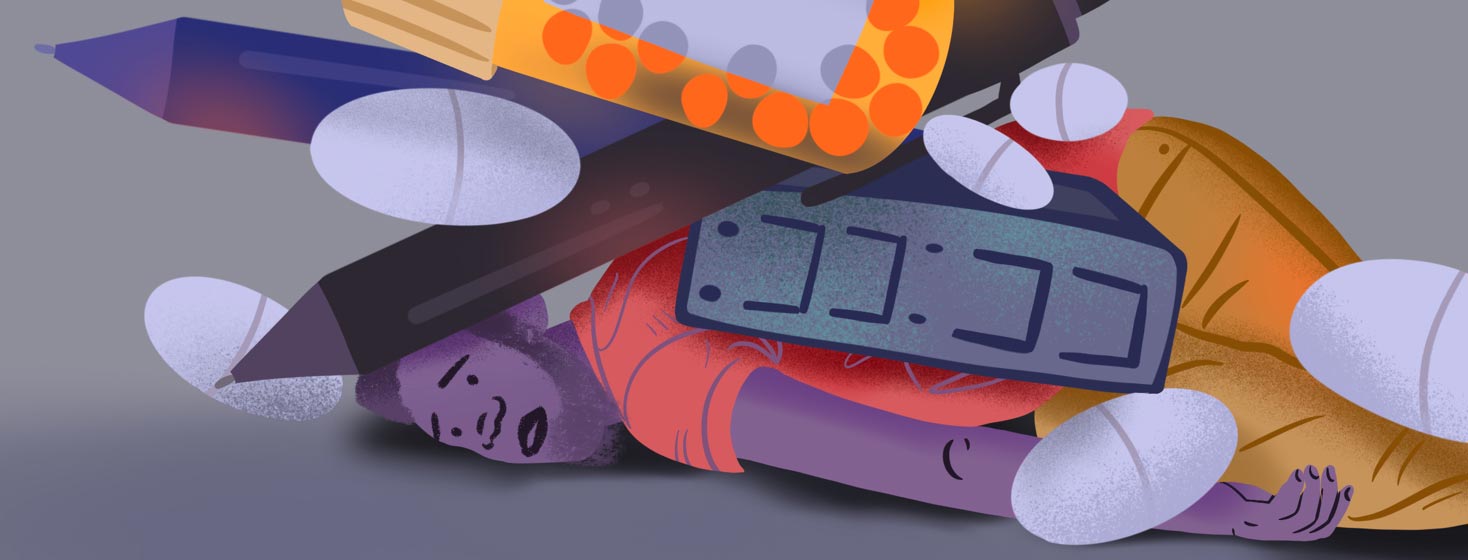Conducting My Own Narcolepsy Research: The Findings
In a previous post, I wrote about conducting my research project for my master's degree in health psychology. My research involved interviewing individuals with narcolepsy to explore the lived experience of being diagnosed with and living with narcolepsy.
I personally found the experience really rewarding and found the results extremely interesting. Therefore, I thought I would share the main findings with you. I found 3 main themes.
Participants were used to having their symptoms minimized
The first theme that all participants experienced was the minimising of their symptoms, particularly excessive daytime sleepiness.
There were times when excessive daytime sleepiness occurred, but it was not recognised as a symptom. This lack of symptom recognition appeared to stem from excessive daytime sleepiness being minimised, dismissed, and even viewed as a joke by others.
Additionally, the minimising persisted after diagnosis. Participants downplayed and struggled with voicing the impact of narcolepsy on their lives. It stems from and reinforces the notion that sleep is not taken seriously.
Consequently, the impact of narcolepsy is dismissed and underestimated. Participants seemed to have internalised this, as they feel that they have no right to complain. They also belittled their struggles and felt guilty for accessing disability support that they are entitled to.
Participants experienced diagnostic delays
The second theme of "navigating the journey to diagnosis" included a common experience of first noticing and realising that something was wrong. Secondly, individuals spent a large amount of time searching for answers, and many often received misdiagnoses.
A fundamental part of navigating the journey to diagnosis is that participants experienced significant diagnostic delays (an average of 12 years). Participants spent a substantive amount of time trying to be taken seriously and negotiating a referral to the correct department. Ultimately, diagnostic delays are influenced by a lack of symptom recognition and sleepiness not being taken seriously.
Social life impacts and a lack of support
Living with narcolepsy represents a different way of living that individuals struggle with.
One way that participants reported struggling with living with narcolepsy is that they feel controlled by their symptoms. They felt this way even when taking medication. Excessive daytime sleepiness considerably limits their social lives, and they often are forced to plan ahead when navigating social and leisure activities. They also struggle with feeling different from their peers.
What was also evident in participants' accounts is how they felt that they were left to do this alone. They all recalled the lack of support that they received following their diagnosis, other than receiving medication.
Lack of knowledge and awareness leads to ineffective treatment
Interestingly, the research highlights the near-universal experience that individuals with narcolepsy have. Generally, what fundamentally underpins the narcolepsy experience is a lack of awareness, knowledge, and understanding of sleep and narcolepsy. It contributes significantly to diagnostic delays, as individuals face not being taken seriously by others due to a lack of awareness of the importance of sleep. Lack of awareness among doctors often delayed the referral to the correct department which delayed participants' diagnoses.
Additionally, a lack of awareness of how significantly sleep disorders impact individuals' lives results in a lack of support and lack of research. Consequently, individuals’ symptoms are not recognised, and they struggle to get a diagnosis. Following this, individuals with narcolepsy rely on ineffective medication without adequate support.

Join the conversation